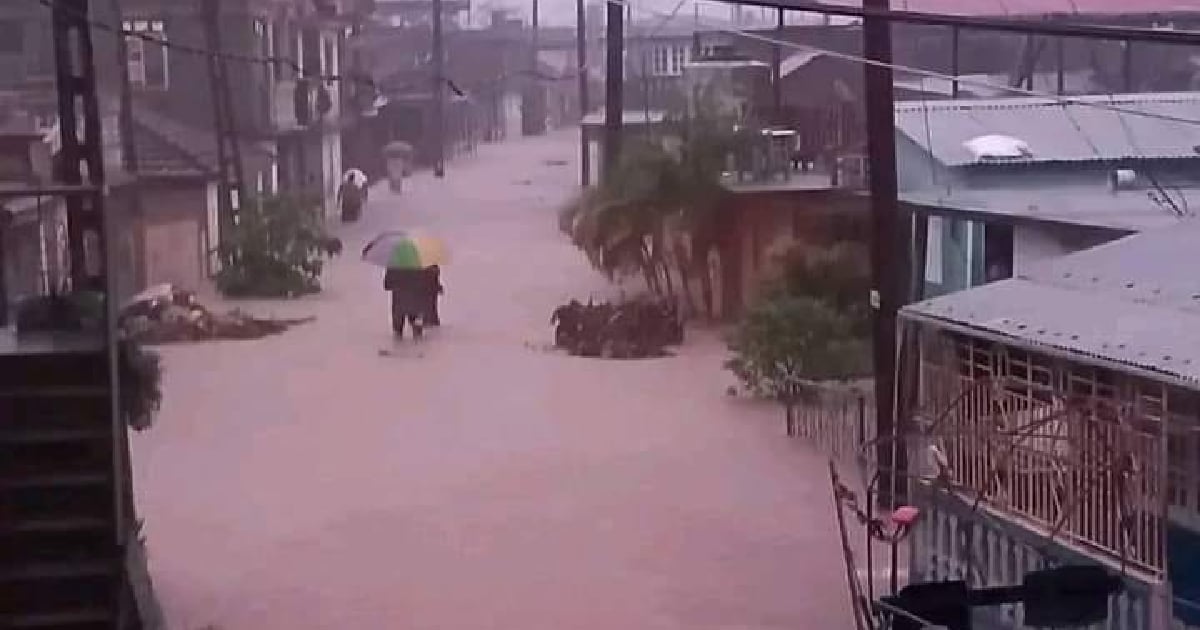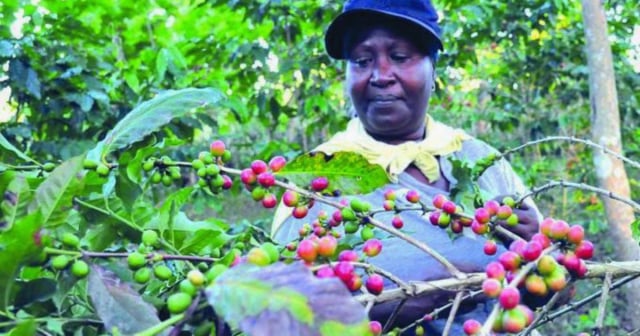
The Cuban government assured that no outbreaks of diarrheal or respiratory diseases have been reported in the four municipalities of Guantánamo affected by Hurricane Oscar, which struck the eastern tip of Cuba a little over a week ago, causing severe flooding and the death of at least seven people, according to official figures.
Dr. Gretza Sánchez Padrón, Director General of Hygiene, Epidemiology, and Microbiology at the Ministry of Public Health (MINSAP), stated to the official newspaper Granma that, as of this Tuesday, "no incidents or outbreaks of acute diarrheal diseases" had been detected in the areas affected by the hurricane, although there have been "isolated cases that did not require hospitalization."
Sánchez assured that no outbreaks of respiratory illnesses have been reported, and emphasized that "this does not lessen the stringency of epidemiological surveillance and vector control measures implemented in each territory."
The information comes to light days after Dr. Francisco Durán, the national director of Epidemiology at MINSAP, warned about the increased risk of diseases in Guantánamo, the region most affected by the flooding caused by the rains associated with the hurricane.
In a national television interview, Durán noted that, after viewing images of the effects of Oscar and receiving reports from the work teams, urgent "sanitary measures were necessary, especially regarding water." He recommended boiling water and using chlorine tablets, the distribution of which he stated was already being arranged in the affected areas.
Regarding this, Sánchez asserted on Tuesday that in all health areas, residents are provided with chlorine tablets for water purification in their homes and doxycycline to prevent leptospirosis.
The MINSAP official also reported that health promoters and personnel from the Cuban Red Cross are instructing people on how to prepare oral rehydration salts, the importance of self-inspection in homes, and other hygienic and sanitary habits that are "crucial in situations of this nature."
He added that the water sources are being monitored in conjunction with the Water and Sewer Company, and the State Sanitary Inspection is overseeing the quality and safety of food in both wholesale and retail markets, as well as in food establishments of all management forms and the donations being provided to the affected individuals.
A few days ago, Durán also emphasized that the communities affected by the hurricane should dispose of spoiled food and properly cook any items that are still safe for consumption.
Although he warned that diarrheal, respiratory, and digestive diseases could manifest immediately, he cautioned that the risk of dengue and Oropouche fever would increase in the coming weeks due to the rise in mosquito breeding sites.
The epidemiologist emphasized that the health crisis is worsening in the country, where more than 17,000 patients were hospitalized by mid-month, many in intensive care, due to the dengue epidemic affecting most of Cuba.
Dengue cases have been reported in 14 provinces, while the Oropouche virus has been detected in 15.
What do you think?
COMMENTFiled under:






